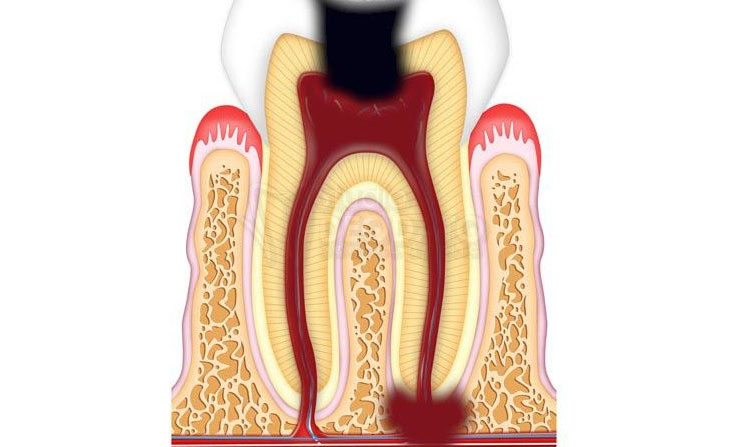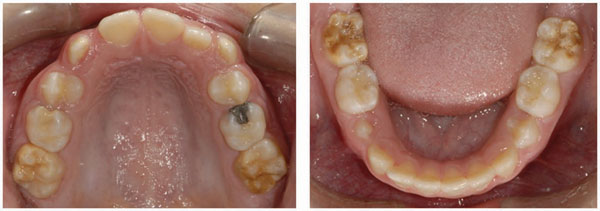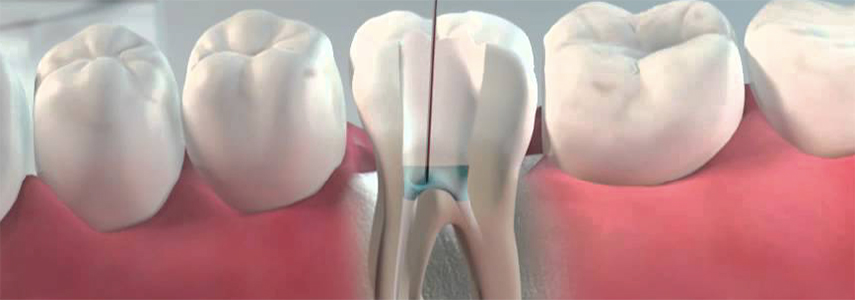Periapical lesions or granulomas are lumps of cells, with variable diameter, delimited by a fibrous tissue capsule, which form near the apexes of the roots of a damaged tooth.
When periapical lesions are formed
Granulomas are formed as a defense of the immune system whenever the tooth suffers damage to one of its sensitive components:

- dentin;
- pulp;
- periodontium.
The damage can be of various origins:
- a deep tooth decay;
- tooth fracture;
- abrasion of the enamel;
- periodontium infection;
and all of them can give rise to a tooth infection. The periapical lesion is therefore configured as a barrier that prevents bacteria from exiting and pouring from the tooth towards the entire organism.
The periapical lesions are therefore produced by our own organism with the aim of stemming the infection of the tooth, some granulomas, however, can turn into cysts or they can enlarge so much as to cause further damage to the tooth.
How do you work on a periapical lesion?
To eliminate periapical lesions it is important to eliminate the cause of the infection and therefore one of the main dental treatments for the treatment of granulomas is endodontic treatment.
Through endodontic treatment, the dentist cleans the root canals of bacteria, thus eliminating the infection up to the root of the tooth.

Once cleaned, the root canals of the tooth are sealed, effectively eliminating the bacterial load present. In the absence of infection, the periapical lesion no longer has its defense function and therefore will begin to gradually reabsorb.
Following an endodontic treatment, the periapical lesions resolve completely 8-10 months after therapy. As the clot of cells resorbs, it is replaced by bone tissue.
At the moment for the treatment of periapical lesion there are no alternatives to root canal treatment. In fact, the type of bacteria that reaches the root of the tooth cannot be counteracted with an oral antibiotic therapy, but only with a mechanical treatment, i.e. endodontic treatment.

Cleaning the root canals by the dentist is the only way to permanently resolve periapical lesions as well.
However, the appearance of a granuloma can be easily prevented.
Since this is the consequence of a deep infection, it would be enough to periodically plan check-ups by the dentist to promptly diagnose the presence of any pathologies such as: caries, periodontitis, micro-fractures of the tooth.
Intervening in time on this type of dental problem with adequate care would help to fight the infection before it reaches the root of the tooth, thus avoiding the formation of a periapical lesion.
















